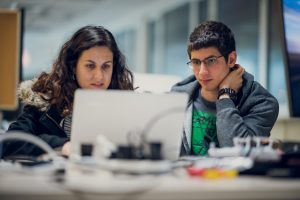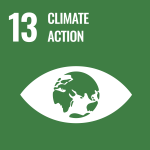 Goal 13: Climate Action
Goal 13: Climate Action
TAKE URGENT ACTION TO COMBAT CLIMATE CHANGE AND ITS IMPACTS
Research
Case Study: Impacts of Climate Change on Ecosystem Services
A new study, funded by Israel Ministry of Environmental Protection, conducted by a research group from the School of Environmental Sciences (Dr. Alon Lotan, Prof. Lea Wittenberg, Prof. Shlomit Paz, Prof. Noga Collins-Kreiner and Dr. David Katz) together with Prof. Ido Izhaki from the Department of Evolutionary and Environmental Biology is focused on the impacts of climate change on ecosystem services in a multi-use catchment basin. The case study is Hagaaton basin in northwestern Israel.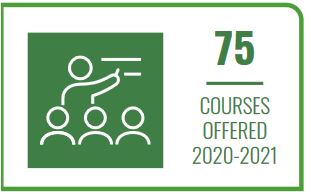
Climate, Environment and Sustainability Hub
This year the University announced its new Climate and Environmental Sustainability Hub. Headed by Prof. Shlomit Paz from the School of Environmental Sciences, the hub is responsible for coordinating all UofH activities related to the climate crisis, environment, sustainability, and sustainable development, while also focusing on research, teaching, and public engagement.
Lessons of the Levant Basin
Prof. Gil Rilov’s lab for Marine Community Ecology researches the Levant Basin, one the marine regions most sensitive to climate change. In these naturally extreme coastal water conditions, the lab studies the impact of climate change on species community size and performance. Recent work by Rilov was published in Global Change Biology.
Public Engagement
Wildfire Cooperative Planning
Prof. Avi Bar Massada from the Faculty of Natural Sciences at Oranim is part of “firEUrisk,” an EU research consortium that has received 10 million Euros in funding. The center is engaged in cooperative planning for disasters caused by climate change. Composed of 38 partners from 18 countries, the group focuses on better assessing the risk of wildfires in Europe, reducing the risk of wildfire, and promoting societal adaptations to improve preparedness and prevention.
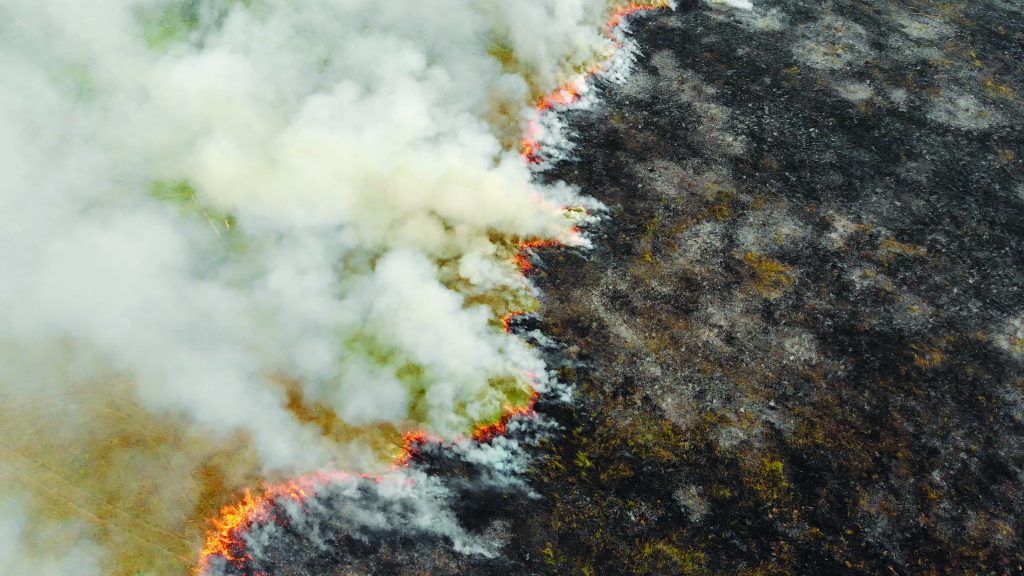
Environmental Epidemiology
Dr. Maya Negev of the School of Public Health, together with Prof. Shlomit Paz, and colleagues from the Instituto de Salud Carlos III in Madrid are lead authors of the health sub-chapter in the Mediterranean Experts on Climate and Environmental Change 2021 Assessment Report. 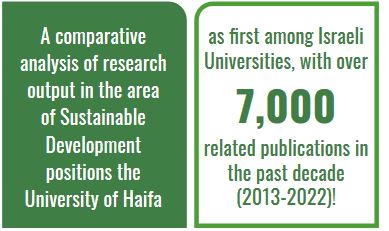 Together, Dr. Negev, Prof. Paz, and Prof. Ofira Ayalon are members of Israel’s Presidential Climate Forum. Dr. Negev widely contributes her expertise on hazards, exposures, and vulnerabilities to climate change. Among her recent works is Barriers and Enablers for Integrating Public Health Co-benefits in Urban Climate Policy published in the Annual Review for Public Health. Prof. Paz is involved in the large CLIMOS project of the EU-HORIZON, on climate monitoring and decision support framework for sand fly-borne diseases detection and mitigation with cost-benefit and climate-policy measures.
Together, Dr. Negev, Prof. Paz, and Prof. Ofira Ayalon are members of Israel’s Presidential Climate Forum. Dr. Negev widely contributes her expertise on hazards, exposures, and vulnerabilities to climate change. Among her recent works is Barriers and Enablers for Integrating Public Health Co-benefits in Urban Climate Policy published in the Annual Review for Public Health. Prof. Paz is involved in the large CLIMOS project of the EU-HORIZON, on climate monitoring and decision support framework for sand fly-borne diseases detection and mitigation with cost-benefit and climate-policy measures.
Restoring Carbon Balance
As Scientific Advisor to the REWIND Start-Up, Prof. Dror Angel of the Dept of Maritime Civilizations & Recanati Institute for Maritime Studies is part of a team creating solutions to restore the earth’s carbon balance by storing organic carbon in anoxic water.
Learning & Students
In Memory of Lior Boker: Climate Crisis Hackathon
During 2010 the Carmel forests wildfires, 25 sq. km went up in flames consuming millions of trees, killing 44 people, and causing the evacuation of nearly 17,000 people from their homes. In memory of the late Lior Boker who perished in the fire, Avishag, his daughter and Department of Information Systems student, established a unique annual hackathon through Haifa Innovation Labs (HIL) that grapples with challenges related to the climate crisis, floods, and fires.
Promoting Environmental Studies among High School Students
High school students in the UofH’s Young Scientists Hub are introduced to environmental studies, arts and society, in the hope of sparking their interest in pursuing academic studies pertaining to climate change.
Operations
RFP for New Courses on Sustainability
To expand sustainability-related course offerings, the newly established Division of Innovation and Sustainability published an RFP inviting faculty to propose relevant, new courses. Two of the new courses approved were Dr. Maya Negev’s course on the UN Sustainable Development Goals (SDGs) and Dr. Yifat Aran’s Course on Environmental, Social, Governance (ESG) Ratings.
Offsetting Carbon Emissions
To offset carbon emissions from international travel, the annual Haifa Conference in Marine Sciences donated the balance of its emissions to This is My Earth to protect biodiversity (see SDG 17).
